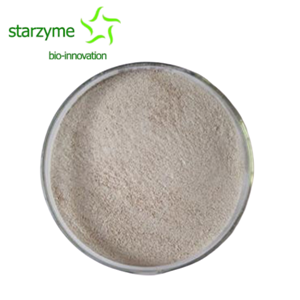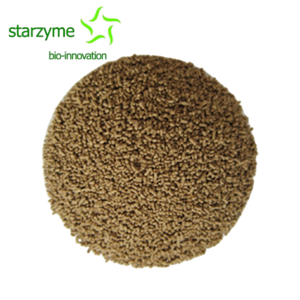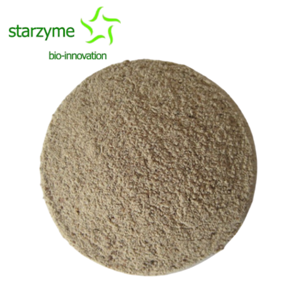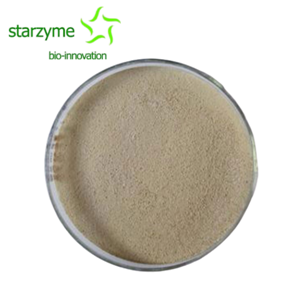What is Protease?
Protease is the general term for a class of enzymes that hydrolyze protein peptide bonds. According to the way it hydrolyzes peptides, it can be divided into two categories: Endopeptidases and Exopeptidases. Endopeptidase cleaves the interior of protein molecules to form smaller molecular weight peptides and peptones. Exopeptidases hydrolyze peptide bonds one by one from the end of the free amino or carboxyl groups of protein molecules, releasing amino acids. The former is aminopeptidase and the latter is carboxypeptidase.
Proteases can be classified into serine proteases, thiol proteases, metalloproteinases, and aspartic proteases based on their active centers and optimal pH values. According to the optimal pH value for its reaction, it is divided into Acidic Protease, Neutral Protease, and Alkaline Protease. The proteases used in industrial production are mainly endopeptidases.
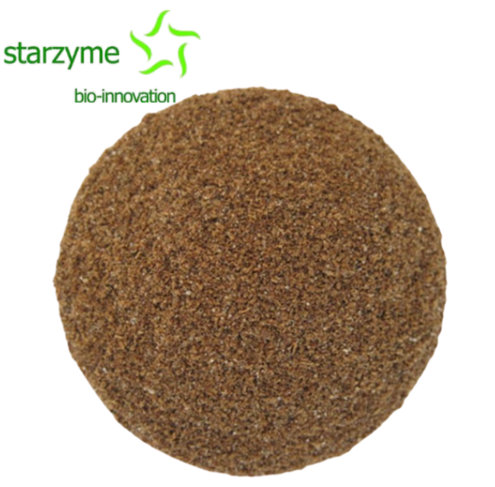
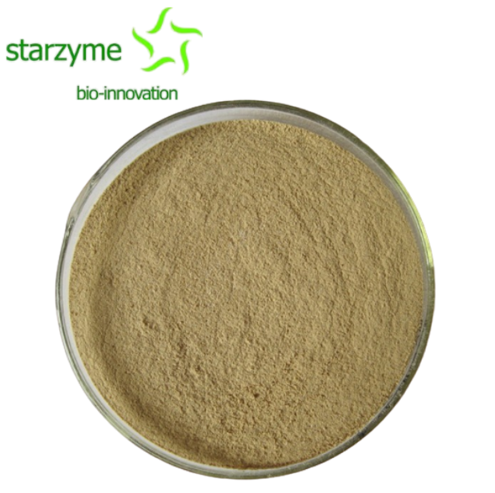
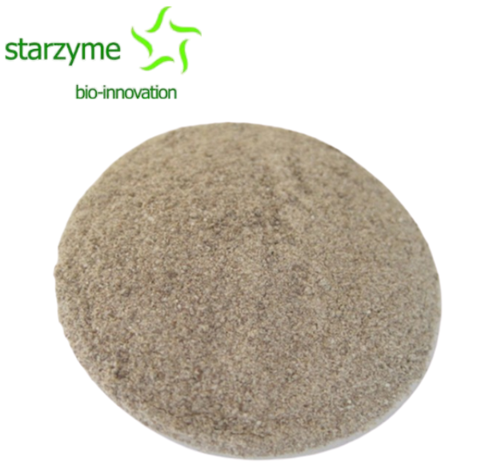
Proteases are widely present in animal organs, plant stems and leaves, fruits, and microorganisms. Microbial proteases are mainly produced by fungi and bacteria, followed by yeast and actinomycetes.
Enzymes that catalyze protein hydrolysis. There are many types, including important ones such as pepsin, trypsin, protease, papain, and subtilisin. Proteases have strict selectivity for the reaction substrates they act on, and a protease can only act on certain peptide bonds in protein molecules, such as the peptide bonds formed by trypsin catalyzing the hydrolysis of alkaline amino acids. Proteases are widely distributed and mainly exist in the digestive tracts of humans and animals, with abundant content in plants and microorganisms. Due to limited animal and plant resources, protease preparations are mainly produced through fermentation of microorganisms such as Bacillus subtilis and Aspergillus terreus in industry.
Protease is the most important industrial enzyme preparation that can catalyze the hydrolysis of proteins and peptides. It is widely present in animal organs, plant stems and leaves, fruits, and microorganisms. Proteases are extensively used in cheese production, meat tenderization, and plant protein modification. In addition, pepsin, chymotrypsin, carboxypeptidase, and aminopeptidase are all proteases in the human digestive tract. Under their action, the protein ingested by the human body is hydrolyzed into small molecule peptides and amino acids. Furthermore, Acidic Protease, Neutral Protease, and Alkaline Protease are commonly used in great amount in the feed additives industry for animals from livestock, poultry, and aquaculture.

